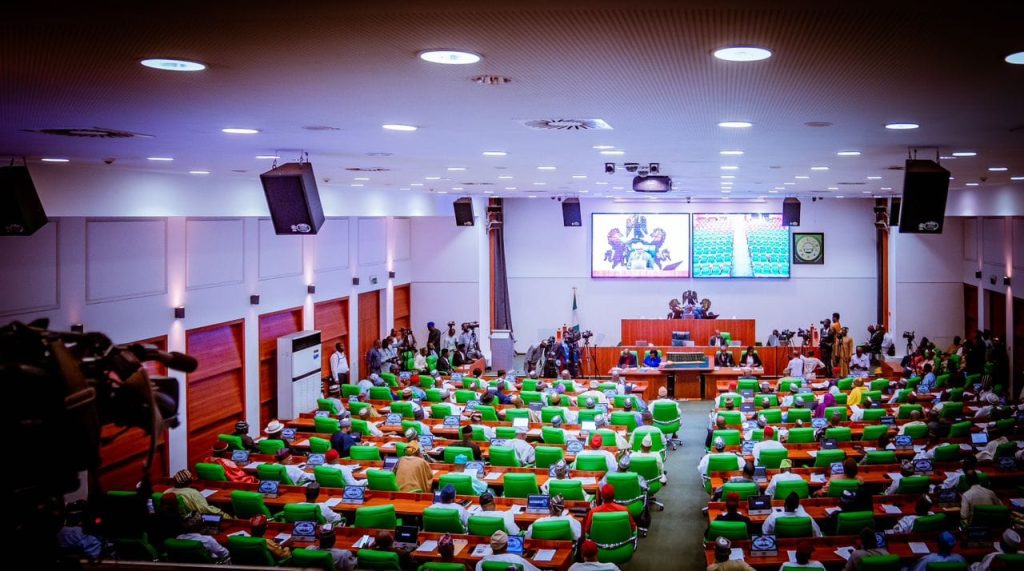Nigerian lawmakers have launched an inquiry into the alleged mismanagement of a $696 million federal social welfare program designed to cushion citizens from economic hardship amid ongoing reforms. The House of Representatives’ probe targets the Nigeria COVID-19 Action Recovery and Economic Stimulus (NG-CARES) initiative, approved in 2021 to support vulnerable households and small businesses across the country’s 36 states and the capital, Abuja.
Abubakar Kusada, chair of the parliamentary committee overseeing the program, announced the investigation Wednesday, citing widespread public complaints about unmet promises despite full government funding. Over N1.06 trillion (roughly $696 million) was disbursed for initiatives including cash transfers, agricultural support, and infrastructure upgrades to stabilize livelihoods during economic turbulence. “There is still a loud cry of government neglect from Nigerians enduring the brunt of these reforms,” Kusada stated, referencing recent policies like fuel subsidy cuts that have driven living costs higher.
The committee plans to scrutinize states’ expenditure reports under constitutional powers granting legislative oversight on public funds. Key concerns center on discrepancies between claimed disbursements and observable impacts, particularly regarding food security and small business recovery. Lawmakers cited examples of states reporting billions spent on farming inputs, market upgrades, and grants to micro-enterprises (MSEs) without clear evidence of improved conditions. “If funds were properly used, vulnerable citizens should know where to access these palliatives,” Kusada argued, vowing to “name and shame” states if audits reveal irregularities.
The World Bank-backed NG-CARES program, initially launched to address pandemic-era hardships, later expanded to counter inflation sparked by reforms. However, its effectiveness remains contested, with critics questioning opaque implementation. The investigation will also evaluate procurement processes, threatening referrals to anti-corruption bodies like the Bureau of Public Procurement (BPP) if graft is suspected.
Analysts view the probe as a test of accountability for Nigeria’s layered governance system, where federal funds often face delays or diversions at state levels. While officials emphasize restoring diverted resources, the inquiry’s findings could influence public trust in welfare systems ahead of anticipated austerity measures. Kusada stressed the urgency: “Nigerians deserve clarity on whether these funds became a lifeline or another missed opportunity.”
